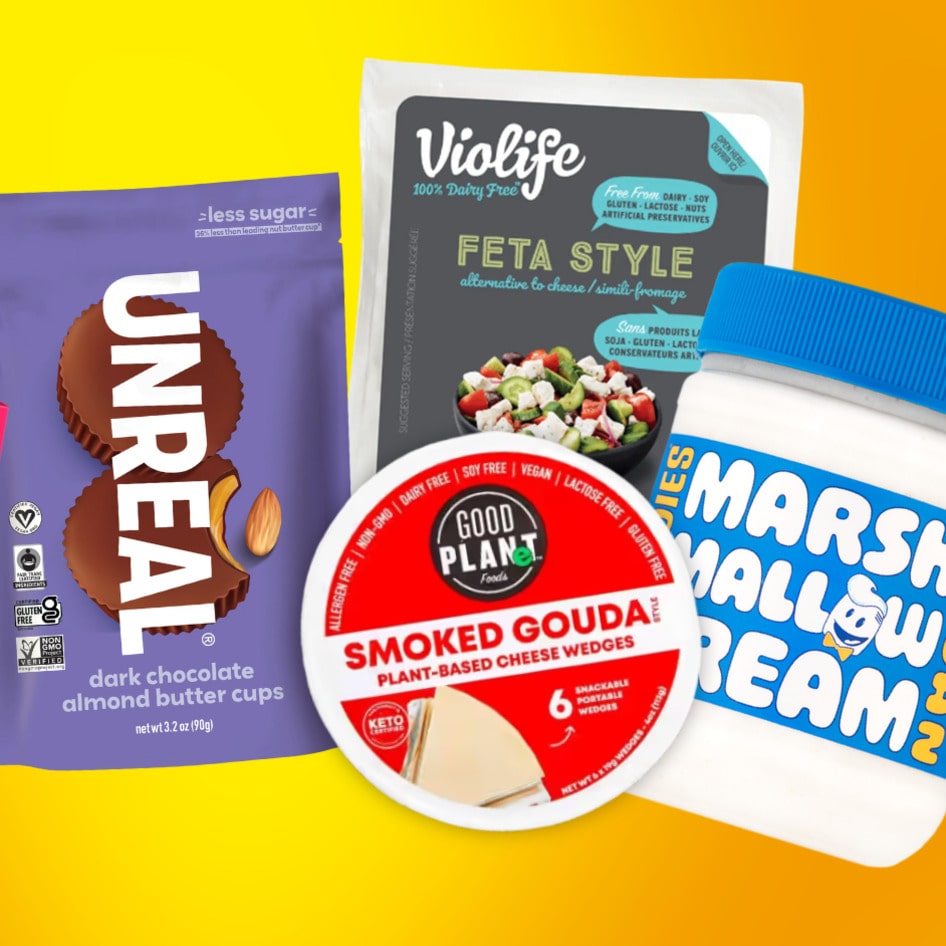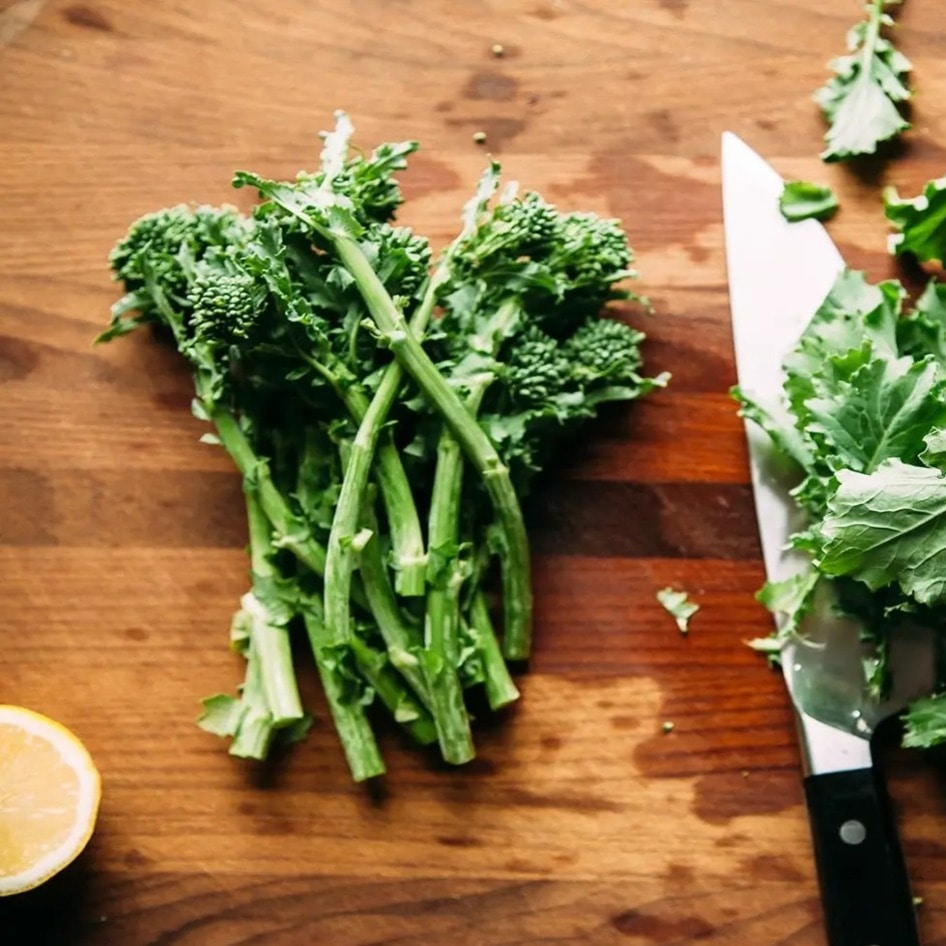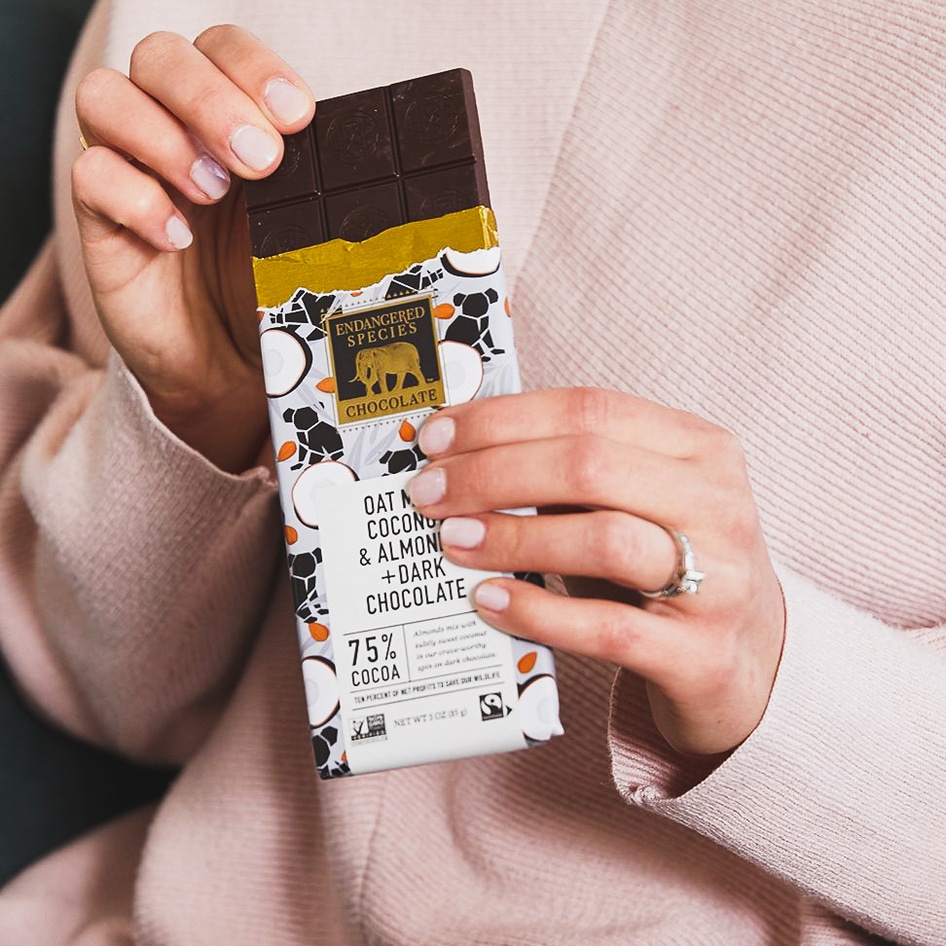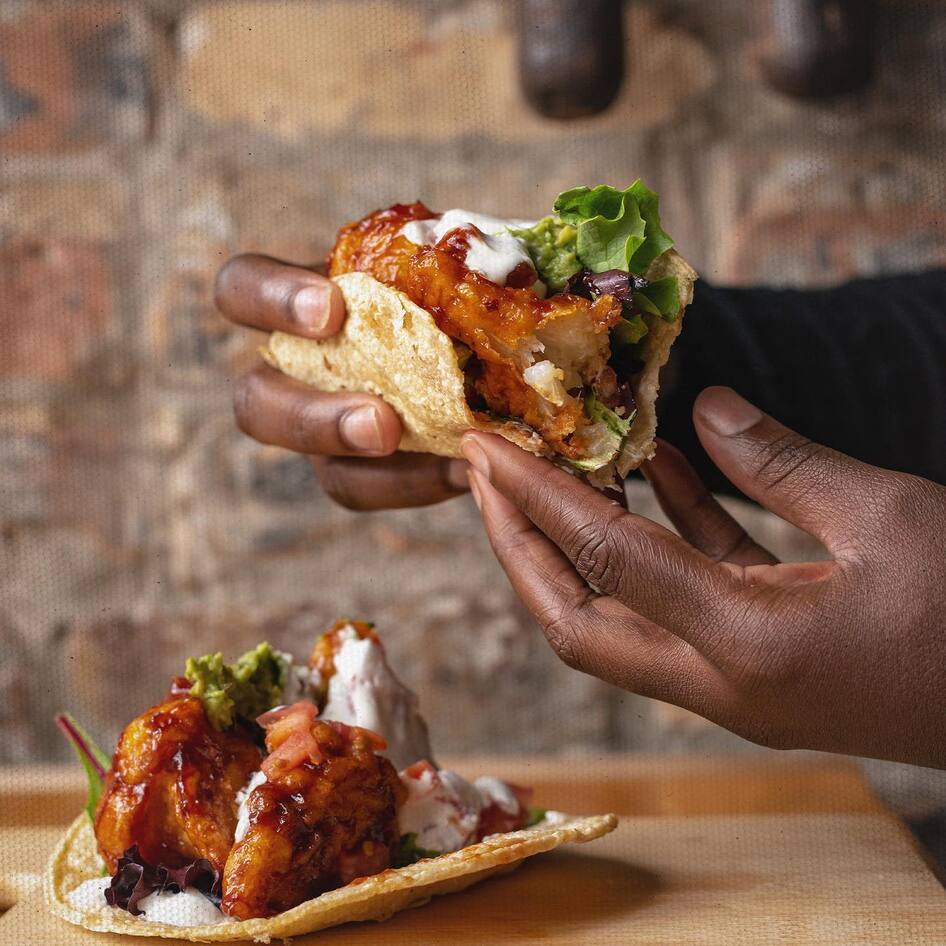Eco-Veg Business to Support for a Better World
Besides saving animals, these veg businesses do their part to save the planet, as well.
July 4, 2010
With the obvious overlap of veganism and environmentalism, it’s a logical progression for companies to adopt eco-friendly initiatives to complement their animal-free ethics. Whether you’ve taken a “green” step and gone veg or have been plant-based for years, there’s a blossoming market of all-veg businesses that take “cruelty-free” to the next, planet-friendly level.
Deer Run Bed and Breakfast, an all-vegan destination in Big Pine Key, Fla., sports a stunning list of eco-vegan initiatives, including its pending LEED certification. With half of the guest rooms revamped with recycled fabrics, carpeting, and vintage furnishings, owners Jen DeMaria and Harry Appel are working with a LEED-accredited interior designer to complete the transformation. On the forefront of sustainable tourism, Deer Run’s grocery list of green initiatives includes organic vegan food (some grown on the grounds), linens, and cleaning products, cruelty-free toiletries, and rigorous composting, recycling, and rainwater collecting programs. “We are proving that sustainability as well as some profitability can co-exist,” says DeMaria.
Cincinnati’s Park+Vine, an eco-convenience store, serves its community with the best veg products, local goods, and community-focused events. “There’s still a disconnect between environmentalism and veganism. Most environmentalists I know are eating fast food and don’t want to talk about the impact of their food choices. It’s a matter of convenience,” says owner Dan Korman. The store is home to events such as local wine tasting, eco-baby workshops, and animal shelter fundraisers.
Across the country, another eco-veg powerhouse is still thriving after nearly 40 years. For Bob Goldberg and Paul Lewin, co-founders and owners of Follow Your Heart (FYH), the connection between planet and plate is an easy one. After starting Southern California’s landmark veg café in 1970 as a small, seven-seat snack bar, Goldberg’s vegetarian vision has grown to encompass a 7,000-square-foot store and café, seating more than 70 people and housing the best veg products for its loyal shoppers. Known to regulars and locals as “The Heart,” FYH also creates and produces the popular product line by the same name, including vegan mainstays Vegan Gourmet cheese and Vegenaise. Behind the scenes, it gets better—every FYH product is created using nothing but bright, California sunshine.
Earth Island, FYH’s manufacturing plant located just miles from the store, operates on 100-percent solar energy thanks to more than 700 panels decorating the roof. In addition to creating more than enough energy to power the facility, the panels provide crucial shade to the sun-drenched building, keeping cooling costs lower than average. Inside this green machine, sustainability can be seen in everything, from the energy-efficient lighting and skylights, down to the recycled carpeting. With solar panels averaging a lifespan of 50 years, Goldberg and Lewin’s investment is a smart, earth-savvy move.
With a smaller but expanding inventory, Park+Vine maintains its integrity by keeping a close eye on “greenwashing,” a term used to describe companies or products that promote a green advertising message but less in the final product or service. It’s easy for anyone to claim to be green, a label similar to “all natural” that carries no certification or weight on its own. And like diligently reading food labels in search of animal by-products, the eco parallel requires a bit of research to ensure consumers aren’t getting duped. “We’ve had pretty good luck with avoiding greenwashing in our inventory, but it’s still a lot of work. We’ve found that the smaller the vendor, the better. It’s easier to negotiate terms and confirm authenticity,” advises Korman.
While the conscientious consumer requires a little footwork to guarantee ethical and eco-friendly products, there’s an upside to the money-driven greenwashing that’s sweeping the market. “Though I rarely shop at big supermarkets or retail stores, I think they’ve made green products very accessible and affordable, and that’s a start,” says Whitney Lauritsen, author of the blog Eco-Vegan Gal. “Regardless, I prefer to support small business with the environment at the forefront of their mission.”
Like with most successful markets, the push for earth-friendly goods is bound to produce less-than-honest results. But business owners have proven there’s a thriving crop of vegan- and planet-friendly companies to serve this growing community. With the growing demand for sustainable businesses and as the vegan and environmental movements continue to merge, a reliable, honest supply of cruelty-free companies is sure to follow.
JUMP TO ... Latest News | Recipes | Guides | Health | Subscribe







